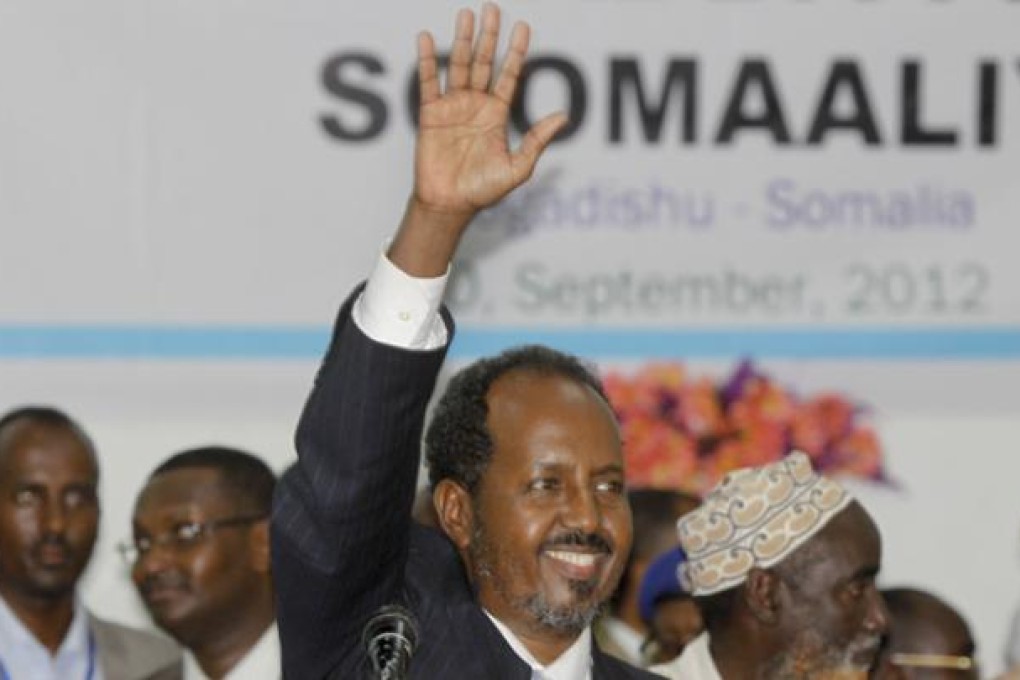
Lawmakers on Monday chose Hassan Sheikh Mohamud as Somalia’s new president after the 56-year-old lecturer got the majority of votes in a second round run-off, beating outgoing president Sharif Sheikh Ahmed.
Sharif had earlier in the day sounded confident of victory in the vote, which UN brokers have billed as a major milestone in stabilising the war-torn nation.
Many sceptical observers had voiced fears that the vote would simply return the same corruption-tainted leadership but dark horse Mohamud, an academic and activist, won 190 votes against 79 for the outgoing president, who had been seen as the likely winner until late in the day.
Mohamud came second out of 25 candidates in the first round, clocking up 60 votes, against 64 for Sharif. His victory in the run-off was greeted with joyful firing into the air in the streets of Mogadishu.
Mohamud, who, like Sharif, comes from the Hawiye clan, is linked to the Al-Islah party, the Somali equivalent of the Muslim Brotherhood. He is the founder of a university in Mogadishu and has worked alongside several international organisations in Somalia.
“What has happened today will be written on a golden page in Somalia’s history and my friend Sheikh Sharif will always be credited for his role in this development,” the new president said.